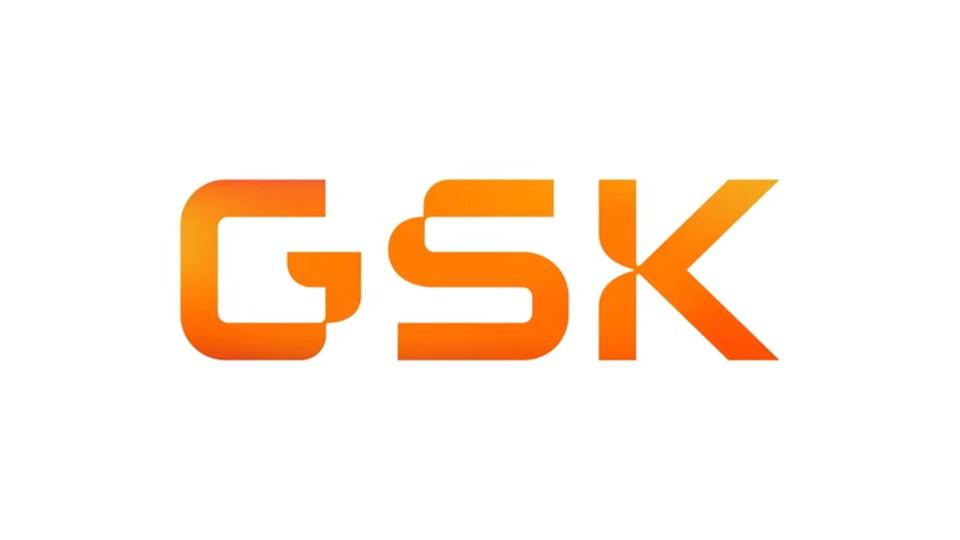GSK scores again with Blenrep in multiple myeloma

GSK continues to build the case for its multiple myeloma therapy Blenrep, which was pulled from the US market last year, with another positive phase 3 trial.
The BCMA-targeted antibody-drug conjugate (ADC), given in a regimen with pomalidomide plus dexamethasone (PomDex), was shown to be more effective at preventing disease progression or death than Johnson & Johnson’s $10 billion-a-year anti-CD38 antibody Darzalex (daratumumab) with PomDex in the head-to-head DREAMM-8 trial.
There was also a trend towards improved overall survival (OS) in the study, which involved patients with relapsed/refractory multiple myeloma previously treated with at least one prior line of therapy.
The dataset has been unblinded early on the advice of its independent data monitoring committee and patients will be followed to see if the difference in OS becomes statistically significant, said GSK.
So far, the results mirror the findings of the DREAMM-7 study, which compared Benrep (belantamab mafodotin) to Darzalex given on top of Takeda’s Velcade (bortezomib) plus dexamethasone (BorDex) as second-line therapy. That study showed a 59% reduction in progression-free survival (PFS) and a 43% trend towards an improvement in OS.
Blenrep won accelerated FDA approval in 2020 as a fourth-line or later treatment for multiple myeloma, but was withdrawn from sale following the failure of the confirmatory DREAMM-3 study in 2020, which tested it as a third-line or later treatment.
The drug is still on sale in some ex-US markets, but brought in just $45 million last year, a far cry from GSK’s projections of $3 billion to $4 billion when it was first launched.
The new data bolster GSK’s chances of a return to the US market with approval for earlier use of Blenrep, although, the market for multiple myeloma therapies has become decidedly more crowded, particularly in the anti-BCMA category.
Two CAR-T therapies – Bristol-Myers Squibb’s Abecma (idecabtagene vicleucel) and Johnson & Johnson’s Carvykti (ciltacabtagene autoleucel) – are now approved for later-line use in the blood cancer, along with two BCMAxCD3 bispecific antibodies, J&J’s Tecvayli (teclistamab), and Pfizer’s Elrexfio (elranatamab).
GSK is hoping to leapfrog Blenrep into earlier-line therapy with the DREAMM-7 and DREAMM-8 data, and said it is looking forward to discussing the data with regulators, saying the drug could “redefine the treatment of relapsed or refractory multiple myeloma and advance the standard of care.”
The jury is out on that, however, in part because the drug has been associated with side effects, particularly eye toxicity, that some analysts believe could limit its potential in real-world settings. GSK reckons adverse reactions can be limited with careful management, and it is hoping to get a verdict from the FDA, European Commission, and other regulators next year.
The aforementioned therapies and other drugs like Regeneron’s linvoseltamab are all being tested in pivotal trials as second- or third-line therapies. So, GSK’s window of opportunity with Blenrep may not be very long, if approved, and close attention will be paid to all the drugs’ safety and efficacy data.













